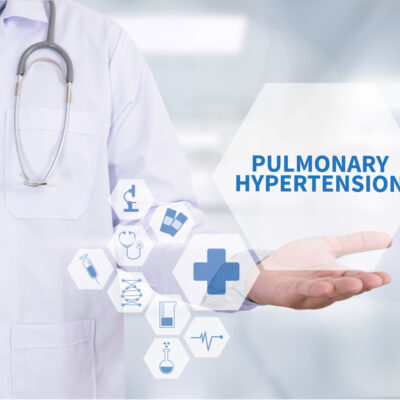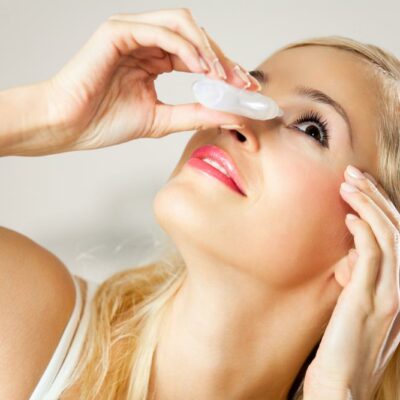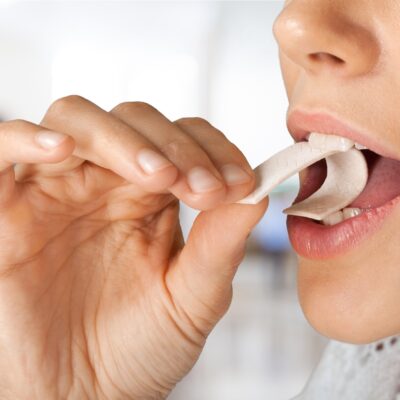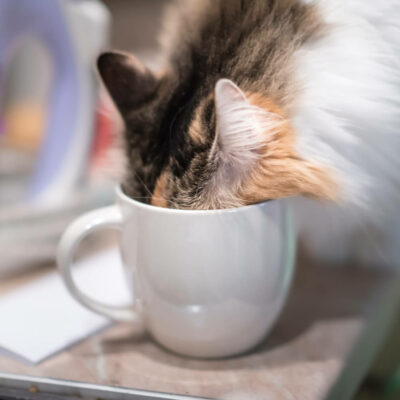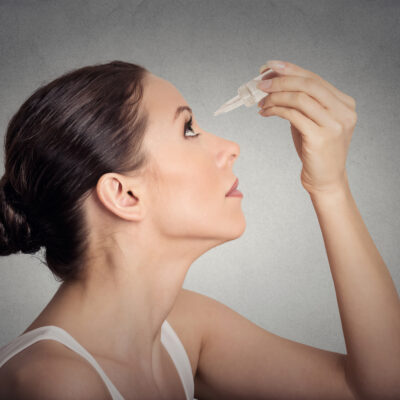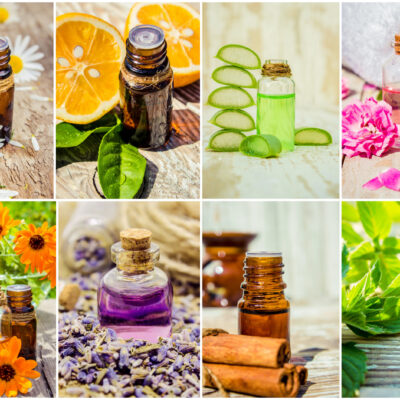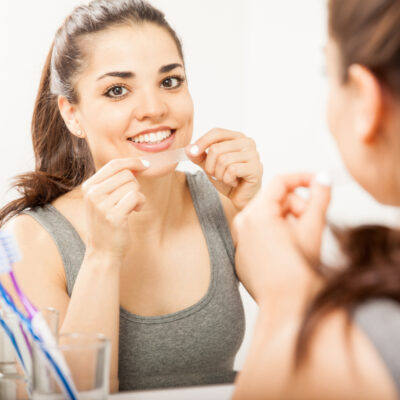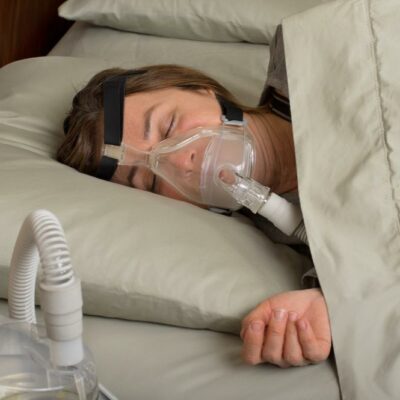
Wellness
Treatments for Sleep Apnea and Chronic Snoring
Getting enough sleep to ensure you can function properly on a daily basis is essential to your health and existence. According to the National Sleep Foundation, about 90 million Americans snore during sleep. While half of these people are “simple snorers” or primary snorers, the other half may have a serious sleep disorder called obstructive sleep apnea (OSA). When it comes to sleep apnea and chronic snoring it can cause a disruptive flow in your life, as well as many serious health risks such as high blood pressure, heart attack, diabetes, and more. So it is encouraged to see a doctor and talk about potential options. Doctors may recommend the following sleep apnea treatments based off of their evaluation: 1. Weight loss Losing weight through exercise and changing dietary habits, according to the Mayo Clinic is recommended to improve your health and quality of life. It may also help reduce sleepiness during the day. 2. Decrease alcohol consumption Stimulating brain functions by adding mental stimulation to your daily function increases your mental stability to help your body realize it needs to rest. In addition, if you decrease alcohol consumption that will also be a great way to start a healthier lifestyle and promote quality sleep.
Read More 